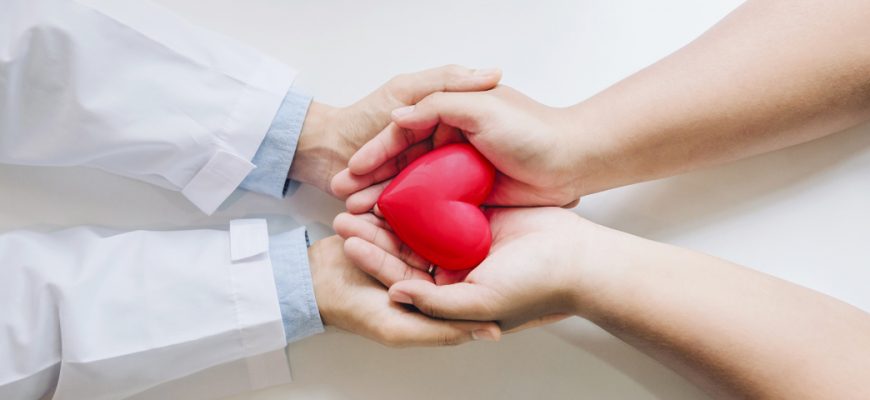
Overcome your worries about heart attack symptoms. We are here to help! Recognizing a heart attack isn’t easy. Many fear heart pain, high blood pressure, or a heart attack without knowing it. Thankfully, there are warning signs of oncoming heart attacks to watch for.
To keep you worry-free, we gathered the signs and symptoms of cardiovascular disease. Pay attention to these warning signs, even if you stay active. Read carefully and take notes for future reference.
Pay Attention to Early Warning Signs
Heart attacks are not sudden like movies portray. Many risk factors often go unnoticed. If you experience a heart attack, you’ll likely notice early symptoms of an oncoming heart attack. Pay attention to your body and recognize when something feels off.
The American Heart Association raises awareness of heart attack warning signs. Their mission is to help the public quickly identify a heart attack’s onset and reduce risk.
Early warning signs are common, but everyone’s body reacts differently. Pay close attention to your body and recognize when it doesn’t function properly.
Men and women experience heart attack symptoms differently. Recognizing these differences can save lives. Here are four red flags women should watch for:
Sudden (and Unexplained) Perspiration
Some women may sweat heavily when stressed or nervous. But sudden sweating should raise concern. This may indicate a hot flash or hormonal change. If no other cause exists, it could signal an oncoming heart attack.
Indigestion
Heartburn or indigestion may indicate a heart attack in women. Many women dismiss these symptoms as just stomach issues. But they should monitor heartburn closely along with other symptoms. Nausea and vomiting occur more frequently in women than men.
Upper Body Pain
Many male patients report a heaviness in their chests during heart attacks. They describe it as if an elephant is sitting on them. Women experience sharp pain in their upper body, including the neck, shoulders, and chest. This sensation differs significantly from what men feel. Women should notice where their pain radiates. Their pain may occur in different locations than in men.
Jaw Pain
Jaw pain in women can stem from a variety of reasons such as clenching of the teeth, headaches, or stress. While jaw pain as a warning sign for a heart attack in women is rare, it is a symptom to pay attention to. The nerves in the jaw area react to issues going on in the heart because they are all connected. Keep an eye out for other symptoms to arise if you experience jaw pain.
Men may experience the following symptoms and should look for these red flags:
Chest Pain
Chest pain can signal a heart attack for both men and women. It often presents as steadily increasing discomfort rather than sudden pain. This discomfort can feel sharp, heavy, or tight. Men may describe a heavy feeling in their chest, as if an elephant is sitting on them.
Pain Above the Waist
Pain may radiate in other areas of the body such as the neck, stomach, or an arm. If someone is experiencing this kind of pain as well as chest pains, call for help immediately.
Shortness of Breath
Due to the extreme heaviness of the chest, both men and women may feel shortness of breath. This may also feel like their breaths are labored and have difficulty in doing so.
Treatment and Prevention of Heart Attack
Family history and genetics significantly influence heart attack risk. Conditions like heart murmurs and arrhythmias can increase this risk. Regardless of your risk factors, you can take preventive measures. These steps can help lower your chances of experiencing a heart attack.
Medications Including Corlanor
Doctors will give life-saving medications during a heart attack. They administer these in the ambulance or hospital to help you recover. Other medicines can support heart health after recovery. Corlanor helps slow down heart rates for those in need. Patients with chronic heart failure find Corlanor reduces hospitalization risks during symptoms.
Prevention
Doctors worldwide agree that a healthy lifestyle prevents heart attacks. Many healthy people still experience heart attacks despite exercising and eating well. But a healthy lifestyle generally reduces risk. If you think you are having a heart attack, call emergency services immediately. It’s never too early to seek help.

